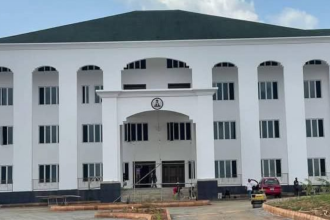Nigeria’s gas exports have experienced a significant decline following a series of sabotage attacks on critical pipeline infrastructure in the Niger Delta region. Over the past week, Oando Plc reported three separate attacks on its pipelines in Bayelsa State, including the 18-inch Tebidaba-Brass crude oil pipeline and the 24-inch Ogboinbiri/Obiobi gas link. These incidents have disrupted operations and raised concerns about the security of energy infrastructure in the area.
The impact of these attacks extends beyond immediate operational disruptions. Nigeria’s Liquefied Natural Gas (LNG) exports have fallen by approximately 20% due to increased pipeline vandalism and security challenges in the Niger Delta. Nigeria LNG Ltd., the operator of the country’s largest LNG facility, is currently operating at less than half of its 22 million ton per year capacity, as it grapples with vandalism and gas supply issues.
In response to the escalating situation, the Nigerian government declared a state of emergency in Rivers State, a key oil-producing region. This move followed reports of pipeline vandalism and a fire outbreak on the Trans-Niger Pipeline, a crucial oil transportation route. The declaration allows the federal government to assume control and manage state affairs while deploying security forces to maintain order.
These developments underscore the challenges Nigeria faces in securing its energy infrastructure, which is vital for both domestic energy needs and international exports. The government and industry stakeholders are under pressure to implement effective measures to protect these assets and ensure the stability of the country’s energy sector.


 Don’t Miss Out – Click Here to Unlock Your Exclusive Online Earning Tip!
Don’t Miss Out – Click Here to Unlock Your Exclusive Online Earning Tip!




